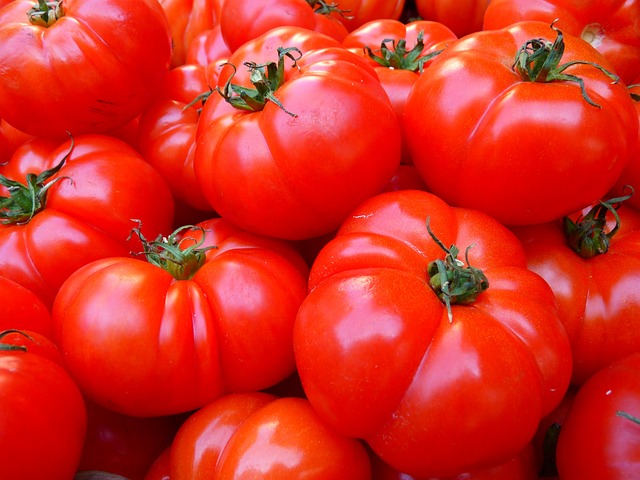Diversify Your Digestive Health: Exploring the Benefits of Probiotics in Different Foods
Probiotics, the “good” bacteria that provide numerous health benefits, have gained significant popularity in recent years. These live microorganisms can improve your gut health, aid digestion, strengthen your immune system, and even enhance your mental well-being. While most people associate probiotics with yogurt, there are several other delicious and diverse food sources where you can find these gut-friendly bacteria. In this blog post, we will explore the benefits of probiotics in different foods and how they can contribute to your overall digestive health.
1. Yogurt
Yogurt is undoubtedly the most well-known source of probiotics. It is made by fermenting milk with live bacteria strains, such as Lactobacillus and Bifidobacterium. These bacteria convert lactose (milk sugar) into lactic acid, giving yogurt its characteristic tangy taste and creamy texture. Consuming yogurt regularly can help restore the balance of gut bacteria, especially after taking antibiotics.
2. Kefir
Kefir is a fermented drink that resembles yogurt but has a thinner consistency. It is traditionally made by fermenting cow’s milk with kefir grains, which are a combination of bacteria and yeasts. The fermentation process adds an abundance of beneficial bacteria and yeasts to the milk, resulting in a probiotic-rich beverage with a tangy and slightly effervescent flavor. Kefir is an excellent choice for those who are lactose intolerant, as the fermentation process reduces lactose content.
3. Sauerkraut
Sauerkraut, a traditional German dish, is made by fermenting cabbage with lactic acid bacteria, similar to those found in yogurt. This fermentation process gives sauerkraut its sour taste and crispy texture. Apart from being a tasty addition to dishes, sauerkraut provides a healthy dose of probiotics that promote a healthy gut flora, aid digestion, and support immune function.
4. Kimchi
Kimchi is a spicy and tangy Korean side dish made from fermented vegetables, primarily cabbage and radishes. It is loaded with probiotics and possesses a unique mix of flavors. The fermentation process enhances the amount of beneficial bacteria in kimchi, making it a great addition to your diet to support digestive health and boost your immune system.
5. Miso
Miso, a staple ingredient in Japanese cuisine, is a fermented paste made from soybeans, rice or barley, and salt. It is commonly used to make a savory soup base. The fermentation process involves the action of several bacteria and fungi, including the probiotic bacterium, Aspergillus oryzae. Miso not only adds a rich umami flavor to dishes but also provides a range of beneficial gut bacteria.
6. Kombucha
Kombucha is a fizzy and slightly sweet fermented tea that has been enjoyed for centuries. It is made by fermenting sweetened black or green tea with a symbiotic culture of bacteria and yeast (SCOBY). The result is a tangy and refreshing beverage with a low sugar content and a wide variety of probiotic bacteria and yeasts. Kombucha supports digestive health, aids detoxification, and can boost your energy levels.
7. Tempeh
Tempeh is a fermented soybean product originating from Indonesia. It is made by fermenting whole soybeans with a fungus called Rhizopus oligosporus. This fermentation process binds the soybeans together into a compact cake-like form. Tempeh is not only a rich source of plant-based protein but also provides probiotics and additional nutritional benefits such as vitamins, minerals, and dietary fiber.
8. Pickles
Pickles are cucumbers or other vegetables that have been fermented in a brine solution, usually containing water, salt, and vinegar. The fermentation process naturally produces probiotics that contribute to improved digestion. However, it’s important to note that pickles made through vinegar brining, rather than natural fermentation, may not provide the same probiotic benefits. Look for pickles that are labeled as naturally fermented or lacto-fermented.







